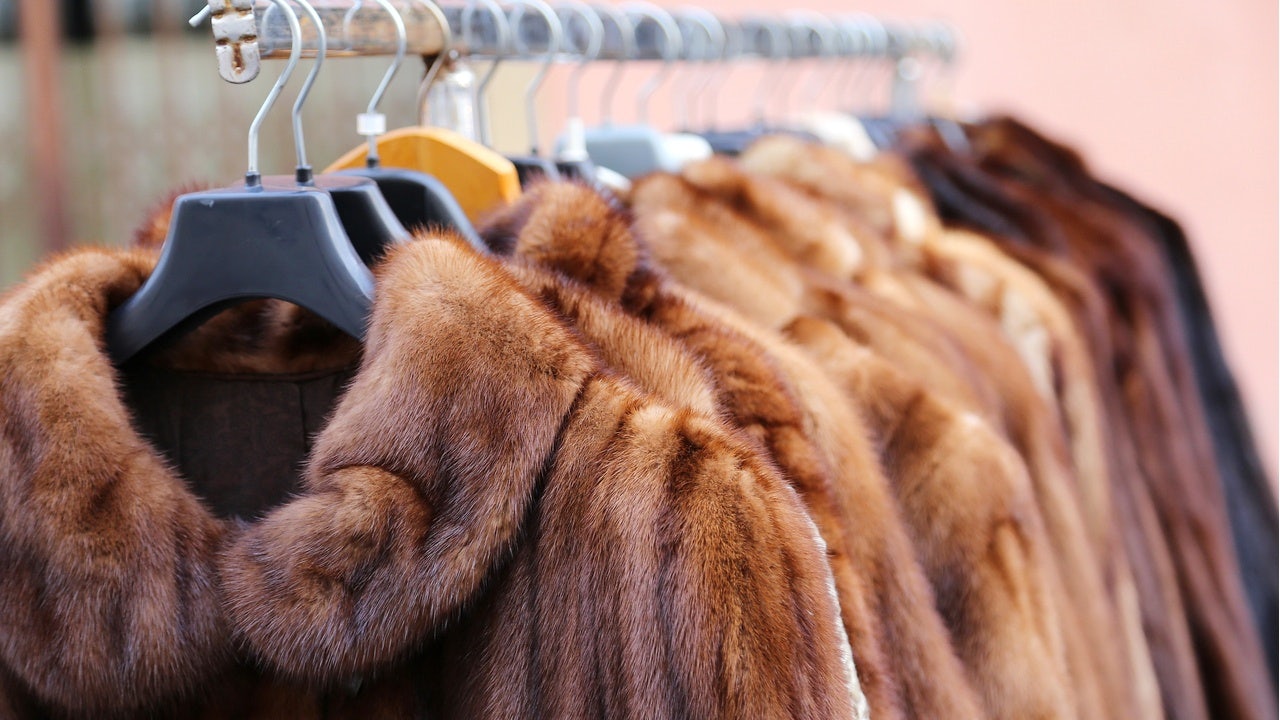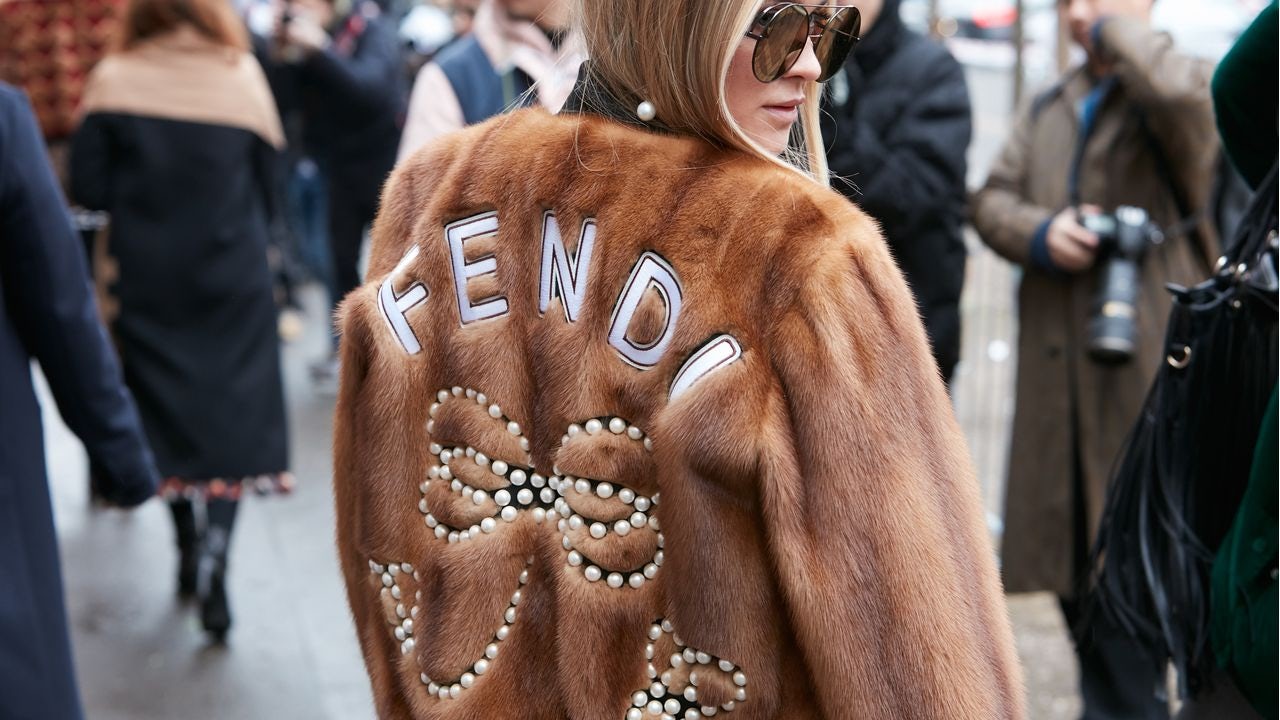Key Takeaways:#
In 2019, Kering formalized and published a set of standards on animal welfare that will continue to determine its use of animal fibers and materials.
Kering’s move to ban fur comes at a critical time, with consumers demanding companies develop more ambitious sustainability and corporate responsibility agendas, pushing luxury brands to embrace sustainable business practices and animal rights.
Various Chinese celebrities, such as singer Yu Kewei and former NBA star Yao Ming, are also engaging in the fight against animal cruelty in China and worldwide.
The luxury conglomerate Kering has announced a total ban on animal fur for any of its brands (starting with Fall 2022 collections), even though most of them have already abandoned the use of animal fur or plan to remove it from their collections gradually. As such, this wide ban on fur use was anticipated.
"For many years, Kering has sought to take the lead in sustainability, guided by a vision of luxury that's inseparable from the very highest environmental and social values and standards," declared François-Henri Pinault, the chairman & CEO of Kering. “When it comes to animal welfare, our group has always demonstrated its willingness to improve practices within its own supply chain and the luxury sector in general. The time has now come to take a step forward by ending the use of fur in all our collections. The world has changed, along with our clients, and luxury naturally needs to adapt to that.”
The official Kering statement also highlights how, in 2019, the group formalized and published a set of standards on animal welfare that will continue to determine its use of animal fibers and materials. This recent action further spotlights Kering’s sustainability commitment and confirms its leading position in environmental stewardship.
According to Fashionista, animal groups celebrated Kering’s decision. "As markets around the globe close their doors to fur products, opting instead for innovative & humane products, it makes complete sense for a power fashion house like Kering to make this ethical decision,” said Kitty Block, CEO & president of the Humane Society of the United States & president of Humane Society International, in a statement. “We couldn't be more proud of our long-standing relationship with Kering and its brands and look forward to continuing our work with them to pave the way for a kinder fashion world.”
Kering’s move comes at a critical time, with consumers demanding that companies develop more ambitious sustainability and corporate responsibility agendas, as the global backlash against fur fashion has pushed luxury brands to embrace sustainable business practices and stand up for animal welfare. This commitment to animal advocacy should assure brand engagement and group loyalty for Kering, now that its consumer base is primarily made up of ethical and pro-environment shoppers.
Even in China, the world's biggest importer of fur pelts and the leading producer of various animal pelts, millennial and Gen-Z consumers are pushing the market toward incorporating sustainability into its practices.
Global Times reports that, following a 2005 video clip showing a raccoon being slaughtered and skinned alive, sales of mink furs dropped by 41 percent in just two years. Since then, similar videos of mistreated animals have circulated online in China, persuading many consumers to abandon fur coats altogether. Showcasing the cruel reality of fur farms has accelerated change and caused a shift in shopping habits and behaviors. A female consumer in her twenties told Global Times that she stopped wearing fur pelts after seeing the 2005 video. "It feels like I'm wearing these poor abused animals' corpses. It's too cruel!"
Various Chinese celebrities have also gotten engaged in the fight against animal cruelty. For example, singer Yu Kewei and former NBA star Yao Ming have already spoken about animal abuse. Moreover, Britannica reports that the number of animal welfare and rescue organizations like the Chinese Animal Protection Network and Animals Asia Foundation have continued to grow.

